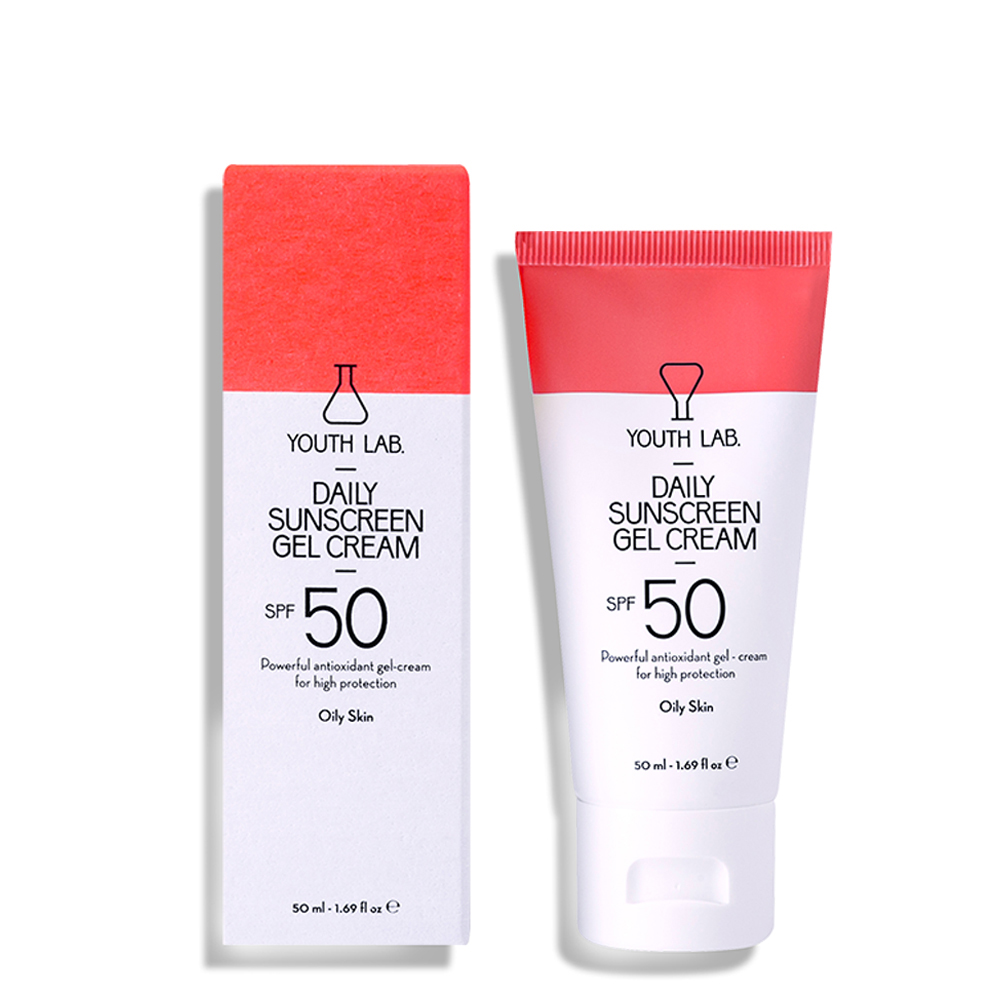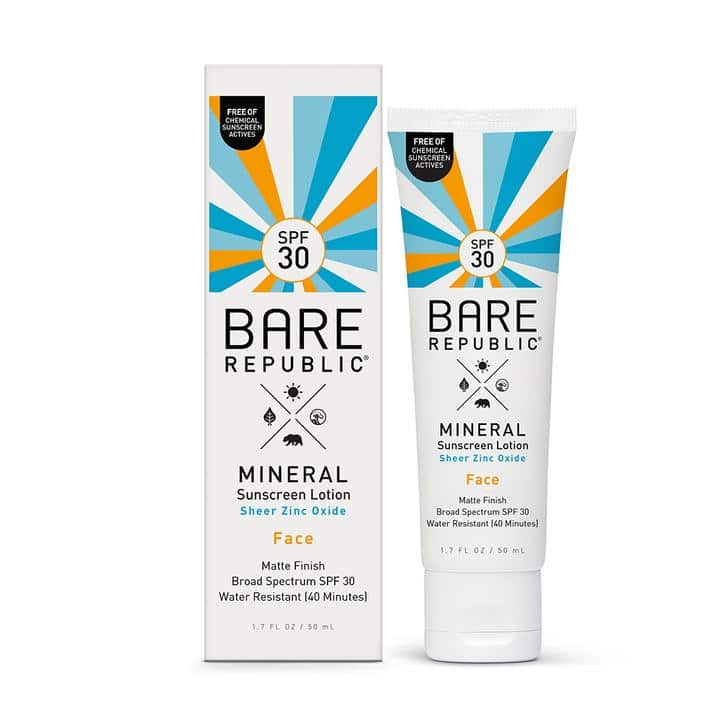


"SPF doesn't indicate levels of protection from UVA rays, and UVA rays are the bulk of the rays that we're exposed to and responsible for photo-aging, photo-damage and skin cancer," Jamal mentions. Sunscreen is also a key player in an effective anti-aging skin care routine, so long as it is a broad-spectrum sunscreen with a SPF that is 30 or higher. "The best part is I don't feel like I'm wearing sunscreen when I use this!" Does sunscreen have anti-aging benefits? "It's hydrating and blends in nicely when I wear makeup," she said. Shop TODAY editorial director Adrianna Brach has been using this sunscreen for over five years and loves its lightweight feel. Australian Gold SPF 30 Spray Gel Sunscreen Our picks range from facial sunscreens to body sunscreens, so you can browse picks for head-to-toe protection. All are SPF 30 or higher, as recommended by the American Academy of Dermatology. Top-rated and editor-approved sunscreensīelow, we rounded up some of the Shop TODAY team's favorite broad-spectrum sunscreens. "Sun-seeking behavior aimed specifically at tanning carries risk for skin cancer and accelerated photo-aging," Jamal tells us. Though you can still get a tan while wearing sunscreen, you shouldn't set out to sunbathe. Sun exposure, in addition to sweating and swimming, will degrade sunscreen molecules, making it less effective. "Sunscreen is not impenetrable, so you will still get tan if you are wearing it." "Sunscreen should be reapplied every two hours, or immediately after heavy sweating or swimming," Zeichner emphasizes. The American Academy of Dermatology found that just over 40% of Americans tend to only reapply sunscreen when they get wet, if at all. The effects of sunscreen only last for about two hours, so regardless of whether you are inside or outside you should still reapply, Zeichner says. average bottle of sunscreen in one weekend," Zeichner summarizes. "If you’re using sunscreen the right way, you likely will finish the 4 oz. Both Jamal and Zeichner recommend applying one ounce (approximately a shot glass) of sunscreen to your body if in the sun, which Zeichner says is much more than most people typically apply. When it comes to applying sunscreen to your body, you should also consider the UV index rating (especially if it is 3 or higher) and whether you'll be spending prolonged periods of time under the sun.
#COCOKIND DAILY SUNSCREEN FULL#
Joshua Zeichner, director of cosmetic and clinical research at Mount Sinai Hospital's department of dermatology, arecommends using a quarter-sized dollop of sunscreen for your full face. "We do not know the long-term effects of this exposure with regards to the skin."ĭr. "I especially recommend now, that that sunscreen contain some sort of protection from blue light, the kind of light that you get from computer screens and phones," she adds. She generally recommends for her patients to apply a facial sunscreen every day for this reason. "The problem is that if you don't establish some sort of a routine, there's a greater risk of not applying the sunscreen when you actually need it," Jamal says. Yes, even in the winter, you should wear sunscreen. While some countries recommend using sunscreen when the UV index is 3 or higher, Sumayah Jamal, MD-PhD, Director, Skin of Color Speciality Clinic at Schweiger Dermatology Group, says it should be applied regardless of the index reading. While moderate sun exposure helps your body produce vitamin D - which can also help elevate your mood and support your immune system - sunscreen remains a must, regardless of your daily activities or the UV index, according to the dermatologists Shop TODAY spoke with. When should I wear sunscreen? | How often should you reapply? | Top-rated and editor picks | Does sunscreen have anti-aging benefits? | Meet the experts When should I wear sunscreen? We had questions around the proper way to incorporate SPF into your routine, so we tapped a few dermatologists to help break down the whats, hows and whys when it comes to wearing sunscreen. While sun protection is a year-round essential, we're thinking about it even more now now that we're in the thick of summertime. We're all familiar with the importance of wearing sunscreen in the sun, but what about all of the moments in between?


 0 kommentar(er)
0 kommentar(er)
